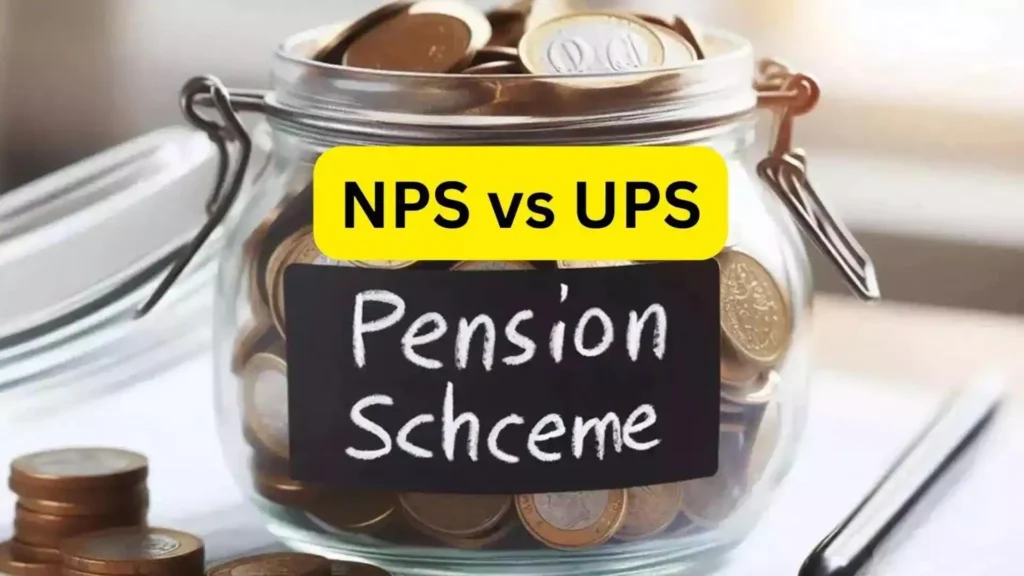UPS or NPS: Making the Right Pension Choice for Government Employees

UPS or NPS: Making the Right Pension Choice for Government Employees
Over 27 lakh central government employees have an essential decision to make before June 30. They must choose between staying with the National Pension System (NPS) or switching to the new Unified Pension Scheme (UPS). This is a one-time choice and cannot be reversed. New employees joining from April 1, 2025, can also opt for UPS within 30 days of joining.
UPS brings back the concept of a guaranteed pension, something many felt was missing in NPS. If you work for 25 years or more in a central government job, UPS promises a monthly pension of 50% of your average salary (basic pay plus dearness allowance) from the last 12 months before retirement. Employees with service between 10 and 25 years will receive a proportionate amount. UPS also offers a one-time lump sum, for every six months of completed service; you receive one-tenth of your last drawn basic pay plus dearness allowance.
UPS pensions are adjusted for inflation through changes in dearness relief. Under UPS, employees contribute 10% of their basic pay and dearness allowance, while the government contributes 18.5%, more than the 14% contribution made under NPS. However, only part of the government’s contribution (10%) goes to your personal pension fund. The rest (8.5%) is added to a pooled government fund and is not returned to the individual.
Still, UPS has drawbacks. If your personal savings at retirement are lower than a set benchmark, your pension is reduced. Full benefits require 25 years of service, and working more than that does not increase the pension. Also, early retirement does not give immediate access to the pension, you must wait until the official retirement age. In case of early death, a UPS subscriber’s spouse receives only 60% of the pension, and children may receive nothing.
NPS, in contrast, offers more flexibility. You can choose your pension fund manager, continue investing till age 75, and delay lump sum and annuity withdrawals. In case of death, the entire NPS savings may go to the nominee or legal heirs. NPS also comes with tax benefits and allows flexible withdrawals.
In short, UPS is ideal for those who plan to remain in government service for the long haul and want fixed post-retirement income. NPS works better for those looking for flexibility, higher growth potential, and more control over their retirement savings. Choose based on your job plans, financial needs, and comfort with investment risks.












